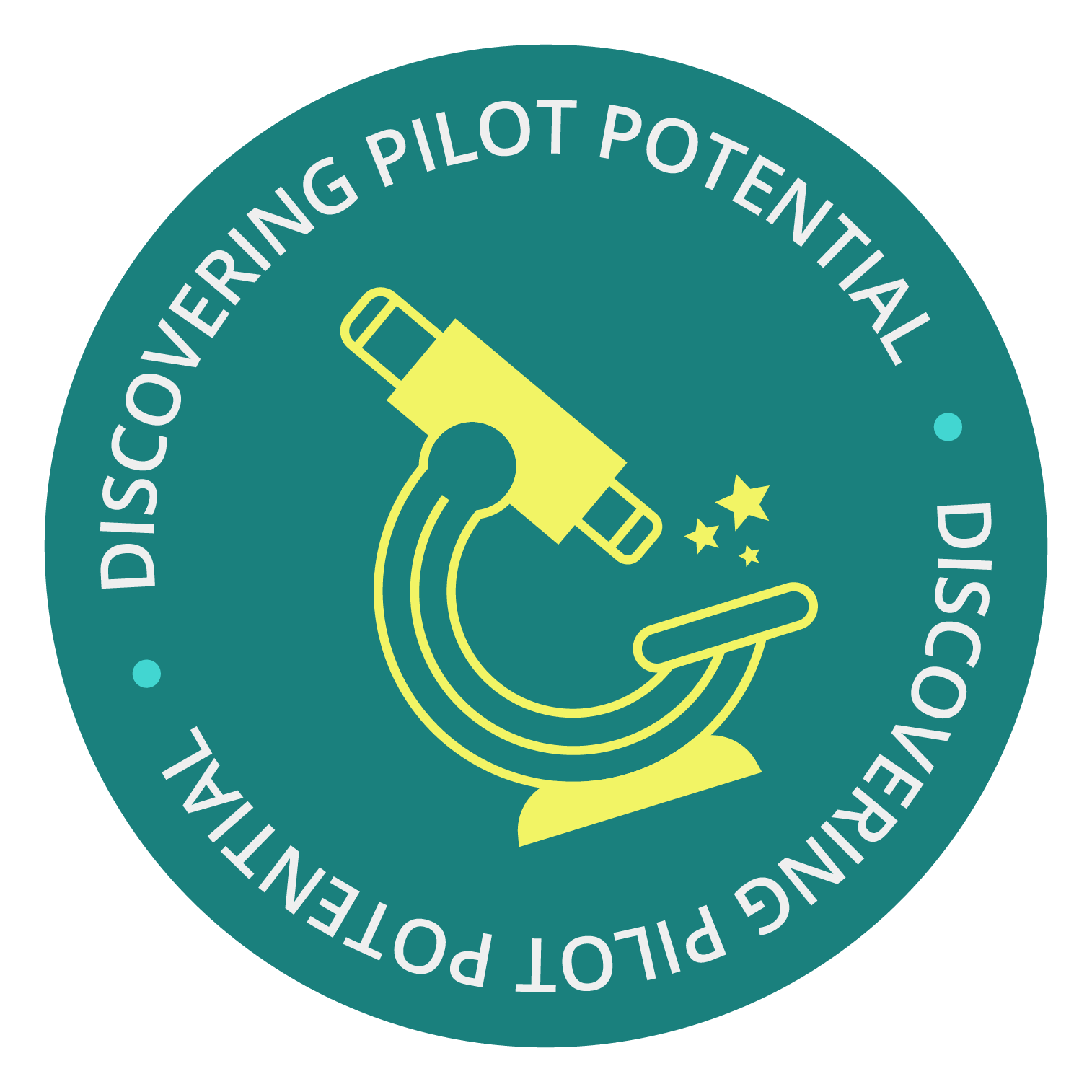Found: testing technologies to locate clandestine graves

THE QUESTION
Can a combination of sensors, imagery, and machine learning help locate clandestine graves in Mexico?

LOCATION: Mexico
SECTOR: Human Rights and Democracy
TECH: AI, Internet of Things
TIMELINE: September 2024 - present
PIONEER: Mariela Garfias
PARTNERS: CentroGeo
The Challenge
Disappearances in Mexico are a critical crisis. Since the war on drugs began in 2007, over 2,000 clandestine graves have been discovered, but thousands of victims remain missing. Many of the missing are victims of organised crime, the perpetrators of which go unpunished, perpetuating a culture of impunity.
Mothers looking for their missing children have taken up the search themselves, leading groups with community knowledge and patterns from other cases. Their efforts highlight the lack of state support, which is hindered by corruption, limited capacity, and bureaucratic delays. This forces families to resort to desperate measures, such as digging in unmarked graves without professional tools or guidance.
The Idea
This pilot will test a combination of technologies to locate clandestine graves, starting with controlled simulations before deployment in real-world scenarios. Key components include:
Drone-mounted multispectral cameras: These cameras detect changes in chlorophyll levels in plants, which may indicate nitrogen enrichment in soil from decomposed organic matter—an effective method previously used on agave plantations.
Seismic noise instruments: High-frequency sensors can identify soil disturbances and anomalies in abandoned areas, potentially signalling the presence of buried remains.
Machine learning models: Spatial data analysis will create predictive models to identify patterns and potential grave sites, using factors like clustering tendencies and proximity to reference points.
Once the solution is proven, this tech stack will be deployed in high-need areas such as Jalisco state, which has the highest number of disappearances in Mexico and is a stronghold of the Jalisco New Generation Cartel.
Our learnings and stories so far
This pilot hasn’t started to publish yet, but there are plenty of other blogs to read below. Check back soon!
Storing renewable energy for longer, without mined metals. One of our nine Underhyped Frontier Technologies for Development.
Our AI Legal Assistant pilot aims to incorporate AI as a tool to enhance the Malawian judicial process, reducing case backlog. Read on for the pilot team’s findings from the discovery phase.
Read the findings from the final sprint of the MyDemokrasi pilot, and how the team plans to take the platform forward to advance digital political engagement in Malaysia.
In this edition of our Launchpad series, Grace outlines our adaptive learning approach to evidence generation, and why it is a core part of the FT Hub’s learning methodology.
Detecting risks using durable, reusable sensors where traditional biosensors fail. One of our nine Underhyped Frontier Technologies for Development.
Powering off-grid communities with sustainable biogas and electricity. One of our nine Underhyped Frontier Technologies for Development.
Capturing and reusing heat for cleaner energy and resilient power. One of our nine Underhyped Frontier Technologies for Development.
Self-powered devices that capture energy from their surroundings. One of our nine Underhyped Frontier Technologies for Development.
Scalable, real-time monitoring for conservation and climate resilience. One of our nine Underhyped Frontier Technologies for Development.
Monitoring, predicting, and optimising water cycles supply and quality. One of our nine Underhyped Frontier Technologies for Development.
Cultivating algae at scale in an enclosed system for clean energy and carbon capture. One of our nine Underhyped Frontier Technologies for Development.
The climate data divide is a major barrier to adaptation in the Global South. We're exploring how climate intelligence could turn adaptation from a cost into an investment opportunity.
In session five of our Launchpad series: Ready to Launch, Frontier Tech Stories Lead Lil digs into the relationship between stories and narratives, and how to understand their connection with each pilot project.
Explore related pilots
Curious about our other work supporting human rights and democracy? Click below to find out more. 👇🏽
Can an AI legal tool tailored to Malawi’s local context help reduce case backlogs and improve access to justice?
Can an AI-powered chatbot provide immediate support to victims of gender-based violence?
Can a combination of sensors, imagery, and machine learning help locate clandestine graves in Mexico?
Can we use AI to tackle conflict-related misinformation on social media in Arabic?
Can AI and machine learning generate a heat map of places where Freedom or Religion of Belief is under threat?
Can virtual and augmented reality support survivors of conflict-related sexual violence (CRSV) and contribute to more effective CRSV court cases?
Can geological data technologies enable donors to track their financial and peace returns in conflict-ridden areas?
Can a digital campaign platform promote credibility in politics and support a fair election process?
Can blockchain technology formalise mineral sourcing in the artisanal mining sector and reduce the likelihood of conflict minerals entering supply chains?
The Frontier Tech Hub works with UK Foreign, Commonwealth and Development Office (FCDO) staff and global partners to understand the potential for innovative tech in the development context, and then test and scale their ideas.
























Restoring land and water health with nature-based techniques. One of our nine Underhyped Frontier Technologies for Development.